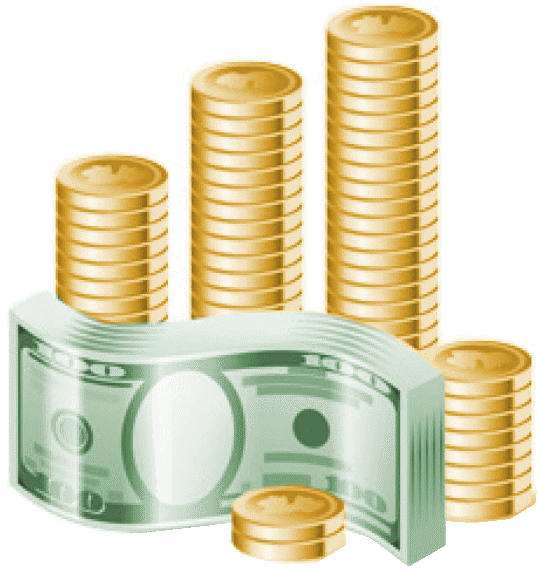A cold rainy day here in the Georgia Mountains – home from a long Thanksgiving holiday trip. I was sort of buzzing by the web sites I missed last week, and I couldn’t help but notice that the topic of drug costs was far and away the dominant topic. It was already on my mind. If you’re a doctor, you get used to medical questions, but on this trip, it was all about the cost of medications, from both young and old. I’ve tried not to get caught up in that issue here – the odd comment about Martin Shkreli or Solvaldi, but otherwise I haven’t seen much reason to join the chorus. Decrying price gouging doesn’t need much more of a voice – there are plenty around already.
 But thumbing through the blogs and news today, I kind of changed my mind. Here are three recent blurbs from Ed Silverman’s Pharmalot – companies who were clearly way over the line with their pricing. As an aside, they share something else kind of encouraging. In each case, somebody’s fighting back!…
But thumbing through the blogs and news today, I kind of changed my mind. Here are three recent blurbs from Ed Silverman’s Pharmalot – companies who were clearly way over the line with their pricing. As an aside, they share something else kind of encouraging. In each case, somebody’s fighting back!…PharmalotBy Ed SilvermanDecember 1, 2015Martin Shkreli faces a new hurdle selling his decades-old anti-infective pill for $750. Express Scripts, the nation’s largest pharmacy benefits manager, will cover a new compounded version that costs just $1 a tablet. Moreover, two leading physicians’ groups quickly endorsed the move, suggesting that Shkreli’s Turing Pharmaceuticals will encounter substantial — and unexpected — competition.
“This will solve a big point of pain in health care costs,” said Dr. Steve Miller, the chief medical officer at Express Scripts. The decision comes amid ongoing controversy over Daraprim, which Turing last summer bought from another company and then boosted the price from $13.55 a pill to $750, a 5,000 percent increase. The price hike triggered a new round of scrutiny of pharmaceutical costs and transformed Shkreli — who used social media to deride his critics — into a poster boy for greed and outsized drug pricing…
PharmalotBy Ed SilvermanDecember 1, 2015Gilead Sciences placed profits before patients in pricing its groundbreaking Sovaldi hepatitis C treatment, according to the results of an 18-month US Senate investigation. The drug maker was aware more patients could have been treated if Sovaldi were priced for less than $1,000 a pill, or $84,000 for a full course of treatment. Instead, it refused to lower the price or offer meaningful discounts in order to maximize and outmaneuver competition, the investigation found. And Gilead did the same thing with its Harvoni follow-up treatment.
“The company knew its prices would put treatment out of reach for millions of Americans,” said Senator Ron Wyden, a Democrat from Oregon who, along with Iowa Republican Senator Chuck Grassley, discussed their probe at a media briefing. “If Gilead’s approach is the future of how blockbuster drugs are launched in America, it’s going to cost billions and billions of dollars to treat just a fraction of patients in America”…
PharmalotBy Ed SilvermanNovember 1, 2015Valeant CEO J. Michael Pearson is not your typical drug executive. Pearson built his company into a moneymaking machine by acquiring other drug makers and products, not by investing in research and development. The approach contradicted longstanding industry doctrine, but it won high praise from investors. For years, the Canadian drug company’s stock went nowhere but up.
Not anymore. A slew of questions about its business practices has turned Valeant from a Wall Street darling into a Main Street poster child for questionable behavior. Federal prosecutors have issued subpoenas. Lawmakers are conducting investigations. Pharmacy benefit managers stopped doing business with a company that was important to Valeant’s operations…
We’ve traditionally given new drugs a period of legal monopoly in return for private enterprise becoming the development arm of medicine. But the pharmaceutical and medical support industries have increasingly come to represent the dark side of capitalism.  The three companies mentioned above developed nothing. They got hold of their products and are only looking to reap a big profit. There’s not much else to say. And when I step back and think about it, this issue of the financial bottom line is the ultimate culprit in everything I find myself complaining about in modern medicine – the conflicts of interest, the jury-rigged clinical trials, the distortions of scientific evidence, the corrupted key opinion leaders, the outrageous pricing of drugs, etc.
The three companies mentioned above developed nothing. They got hold of their products and are only looking to reap a big profit. There’s not much else to say. And when I step back and think about it, this issue of the financial bottom line is the ultimate culprit in everything I find myself complaining about in modern medicine – the conflicts of interest, the jury-rigged clinical trials, the distortions of scientific evidence, the corrupted key opinion leaders, the outrageous pricing of drugs, etc.

Intellectual property law in general is way overdue for major reform.
http://www.theatlantic.com/business/archive/2012/07/why-there-are-too-many-patents-in-america/259725/
This should be an easy bipartisan issue but unfortunately too many vested interests control too much of K St.
My fear is that if they do change it, the law will actually be written by the patent trolls. This is par for the course these days.